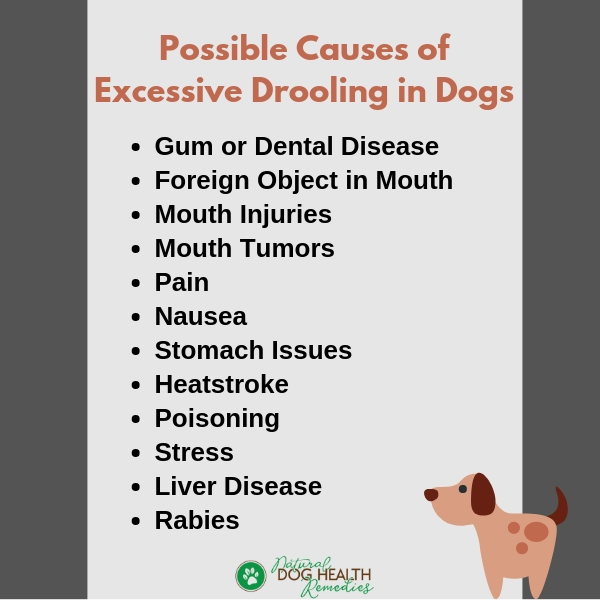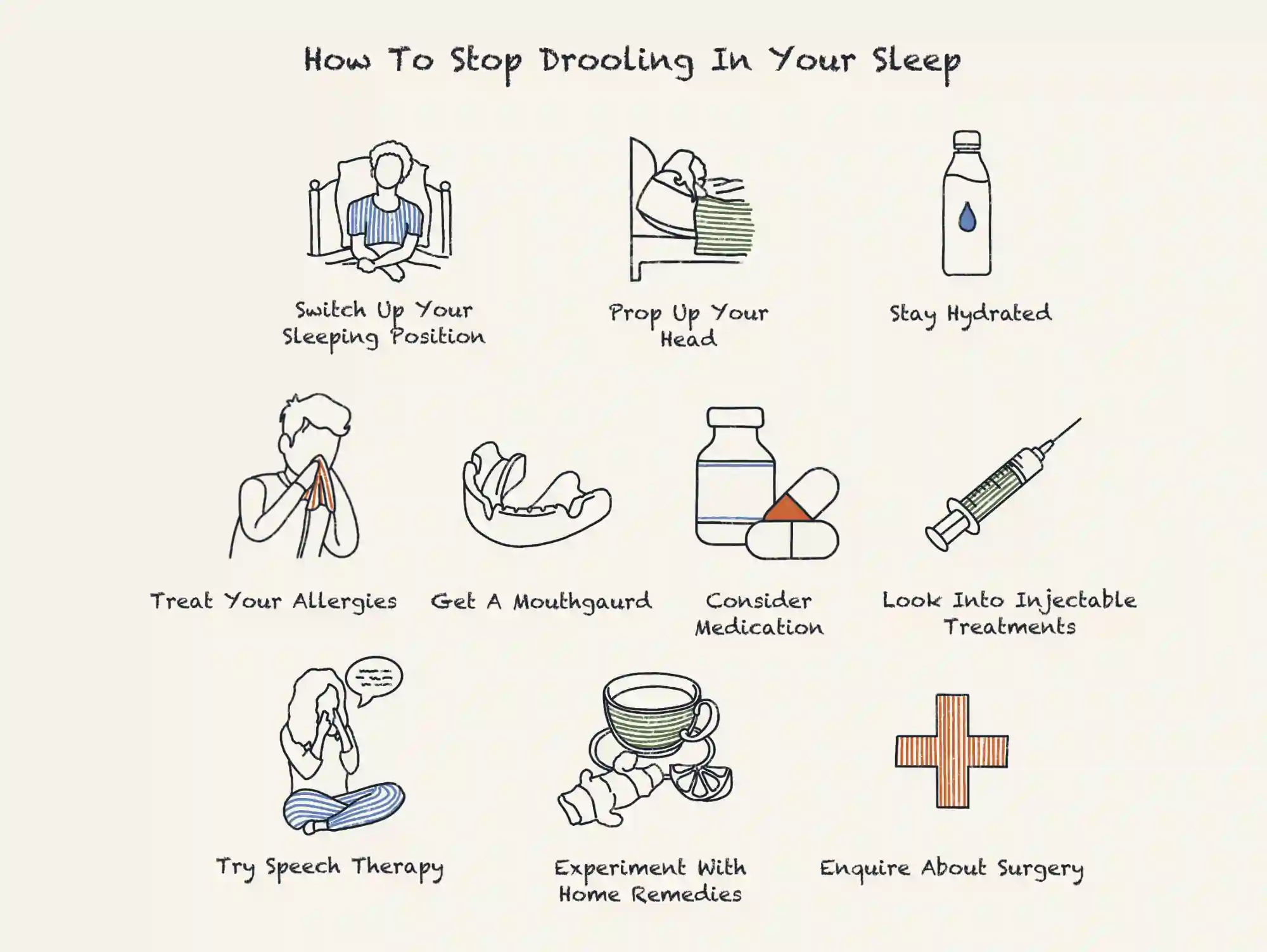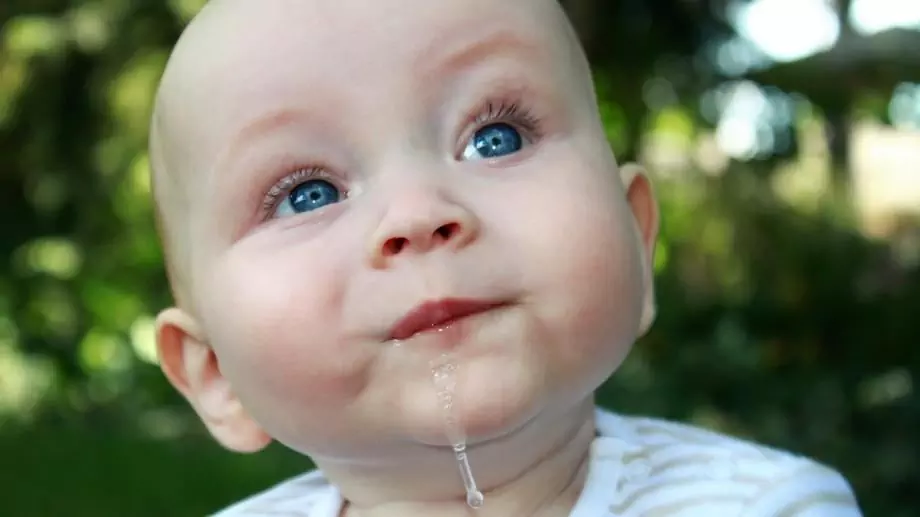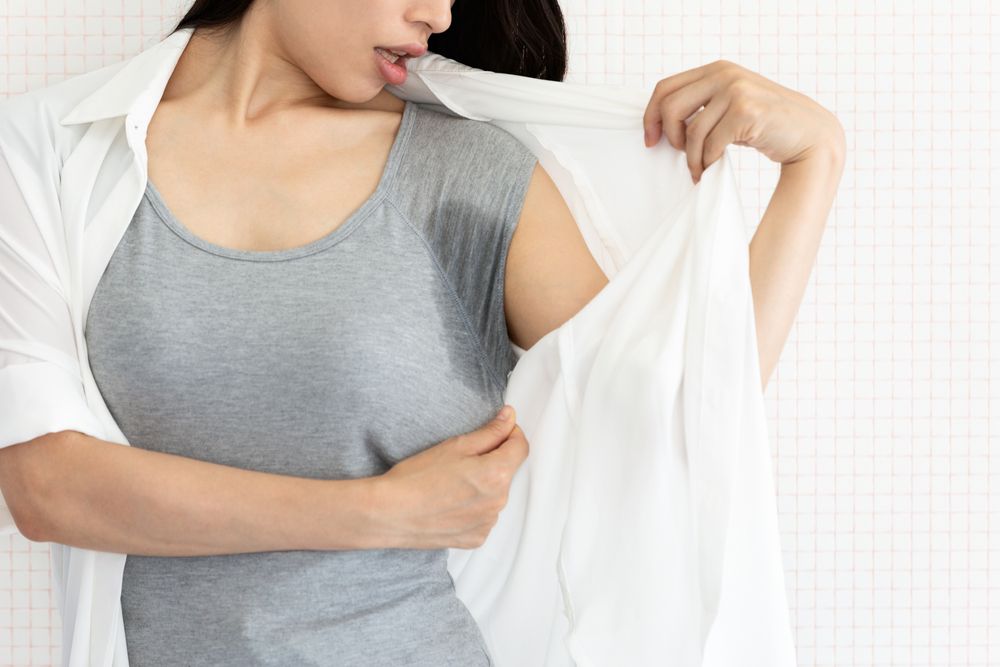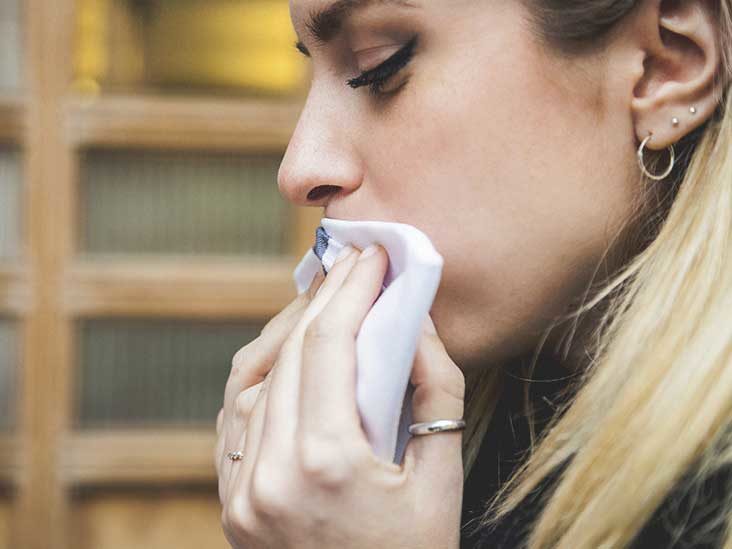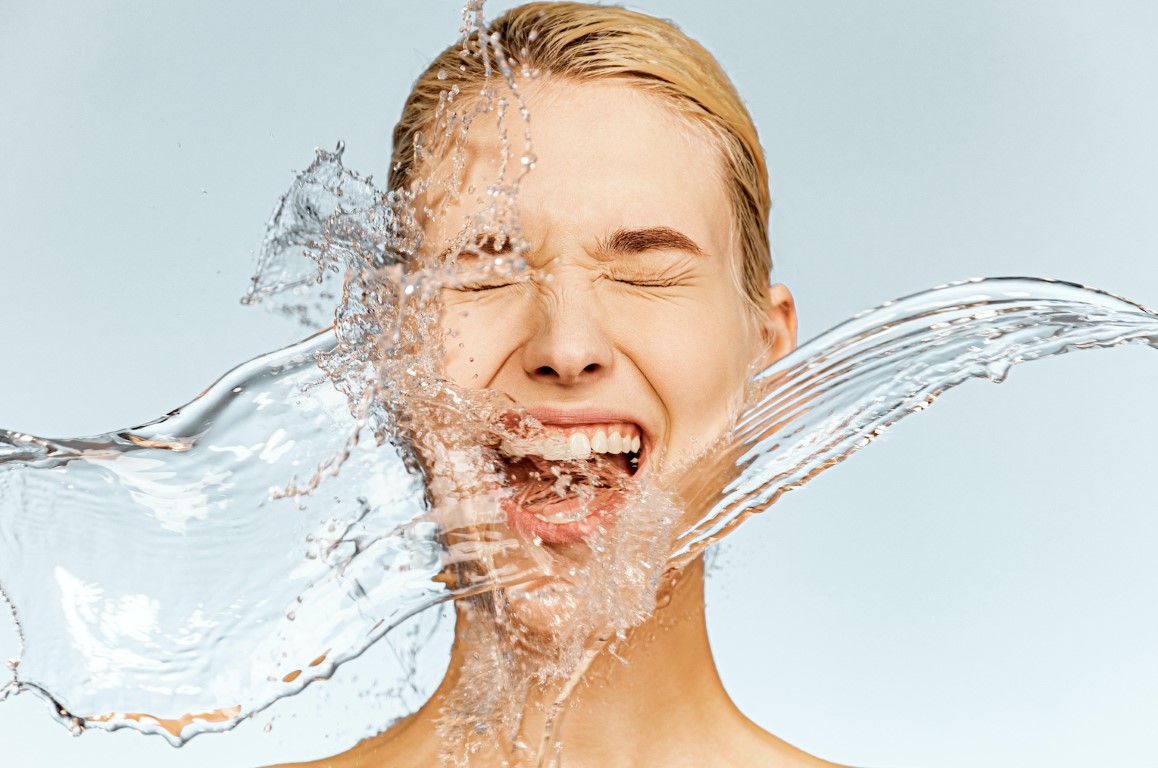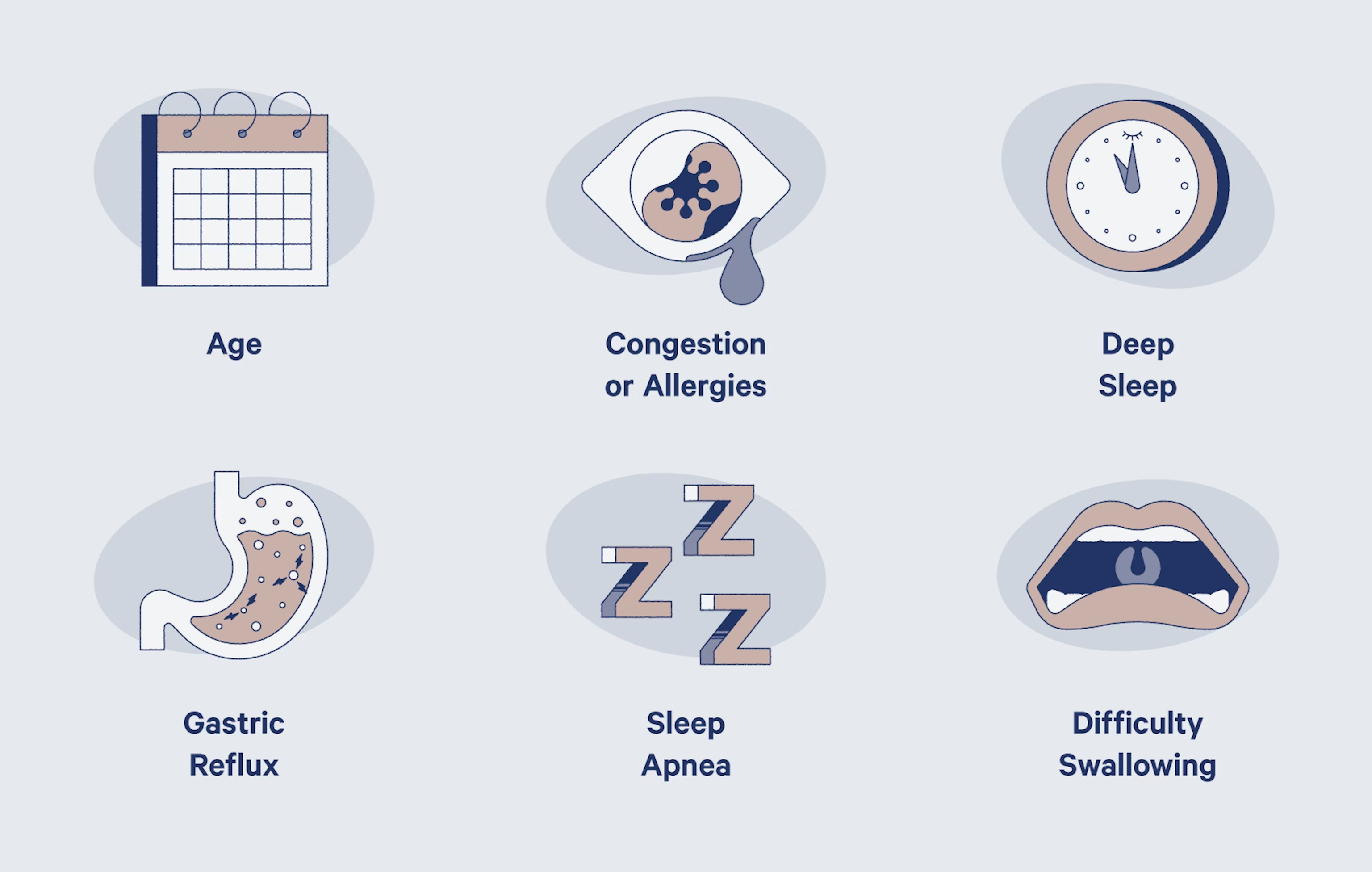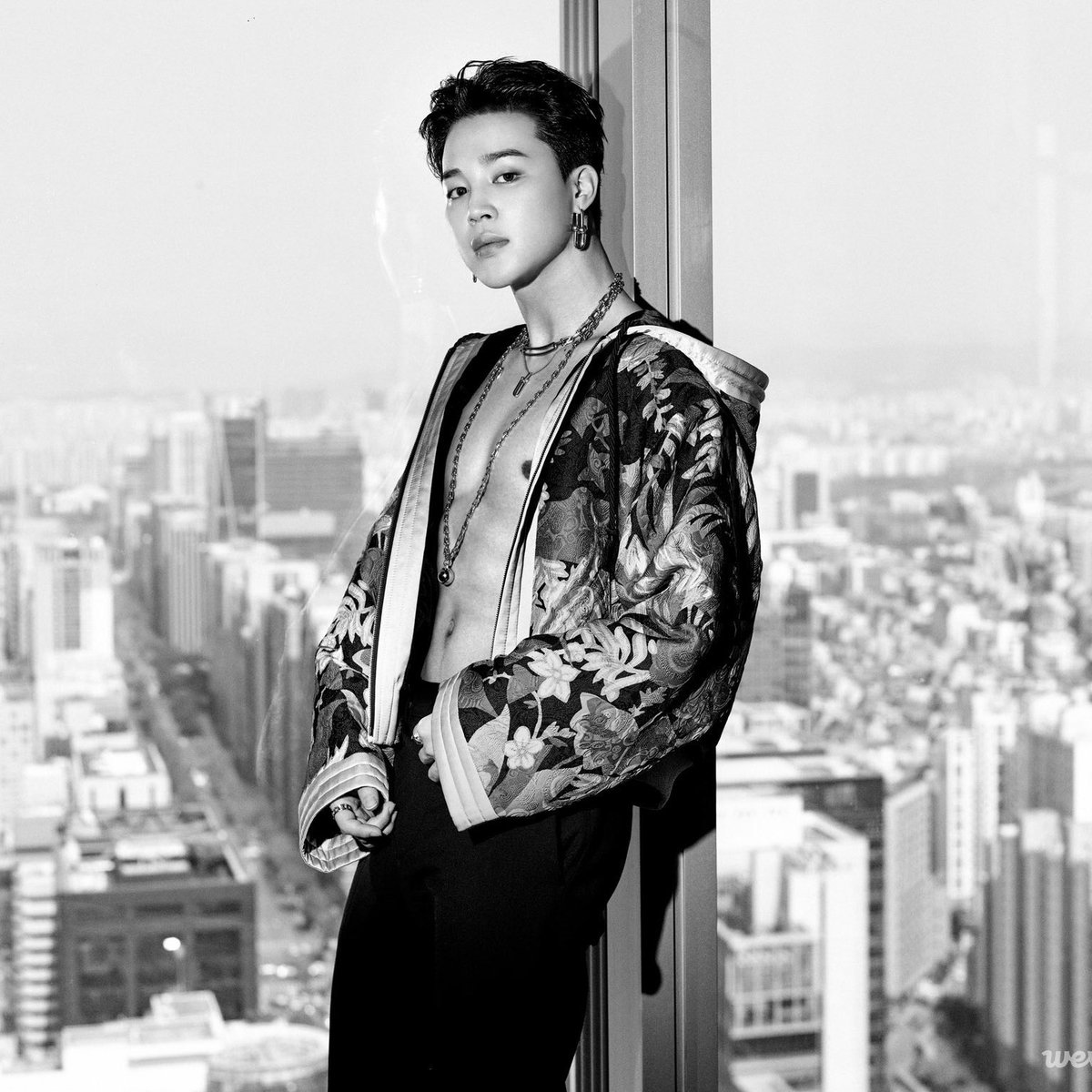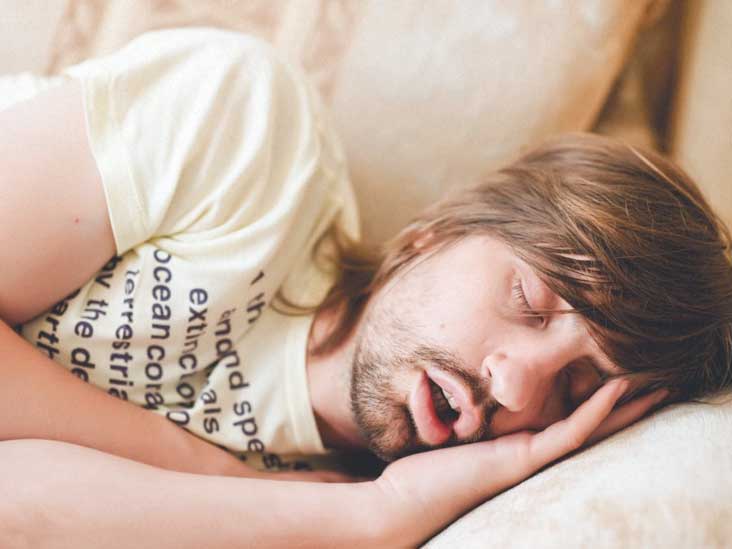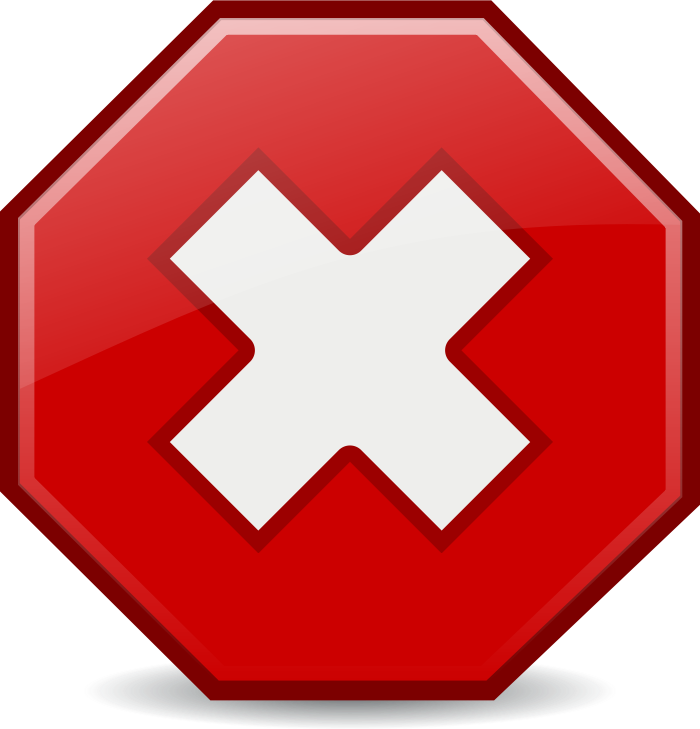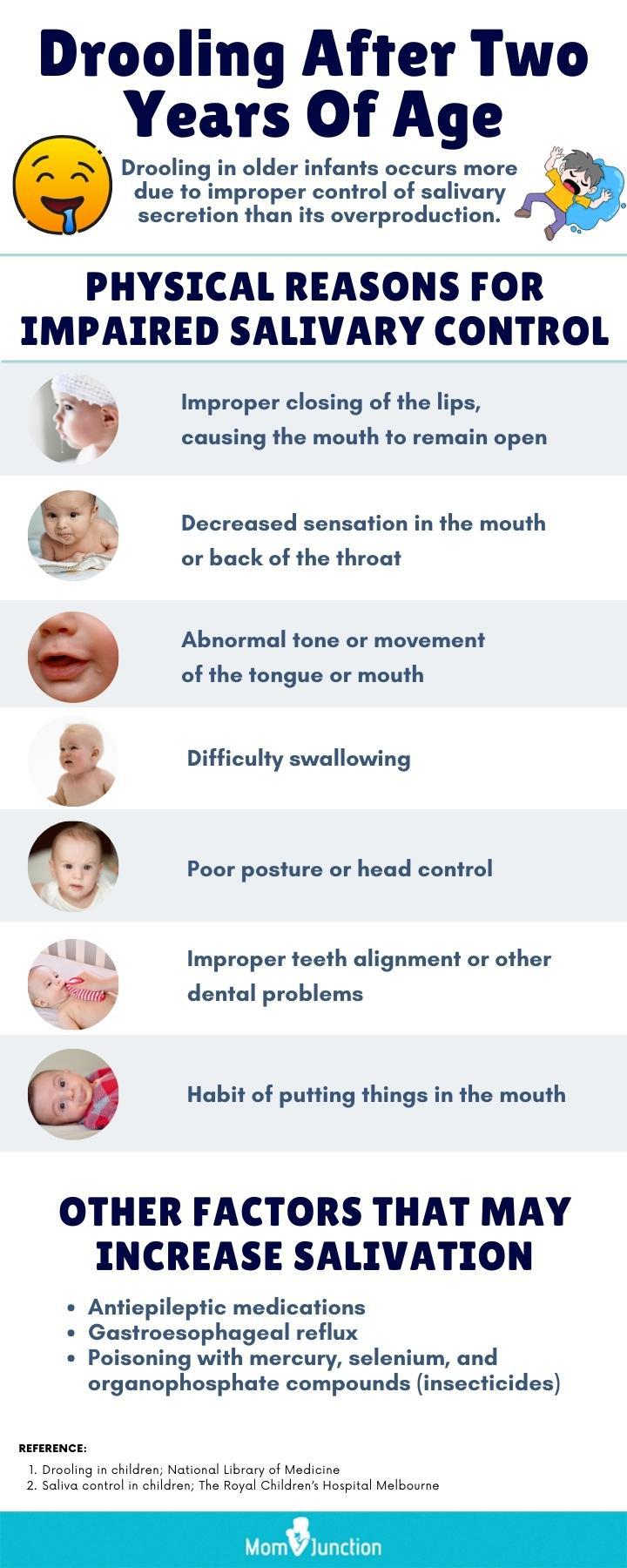Spectacular Tips About How To Stop Hypersalivation

Certain medications can help decrease saliva production.
How to stop hypersalivation. Updated sep 6, 2023 medically reviewed by. Glycopyrrolate (cuvposa) is a common option. Drooling, is when saliva runs out of your mouth & down your chin instead of being swallowed.
It also improves tasting and. Strictly speaking, hypersalivation / drooling or sialorrhea, as it is formally known, is defined as the excessive production and/or flow of saliva outside of the oral cavity. Drooling occasionally during sleep is never alarming.
A watery mouth, also called hypersalivation, sialorrhea, or ptyalism is a condition marked by excess saliva. Is drooling during sleep normal? You can eliminate issues with worry by working with an experienced.
Excessive saliva can be embarrassing, but it's usually not cause for concern. Surgical intervention, including salivary gland excision, salivary duct ligation, and duct rerouting, provides the most effective and permanent treatment of significant. The most common cause of drooling is too much saliva being.
Doctors prescribe medications to prevent drooling mostly in case secondary to stroke, infections or oral issues, and may include: You can eliminate excessive saliva that creates drooling by eliminating hyperstimulation. However, this medication can have some severe side effects, including:
The best way to stop your body from producing too much saliva is to address the underlying issue. How much saliva you produce during the day depends on many conditions, like. A healthy flow of saliva washes food away from your gums and teeth and helps break down food for easier swallowing and digestion.
Excessive saliva, known as hypersalivation, can cause you discomfort and embarrassment and might also lead to other complications. Nausea can be accompanied by increased salivation. Mouthwash and tooth brushing may have drying effects.
Sialorrhea or hypersalivation involves excessive saliva flow. In order to effectively treat this problem and diminish the invasiveness of operative. Anticholinergic medication for excessive salivation caused by use of antipsychotics other than clozapine.
In many cases, changing medications or getting treatment for medical issues can. [4] in the palliative care setting, anticholinergics and similar drugs that would normally reduce the production of saliva.




